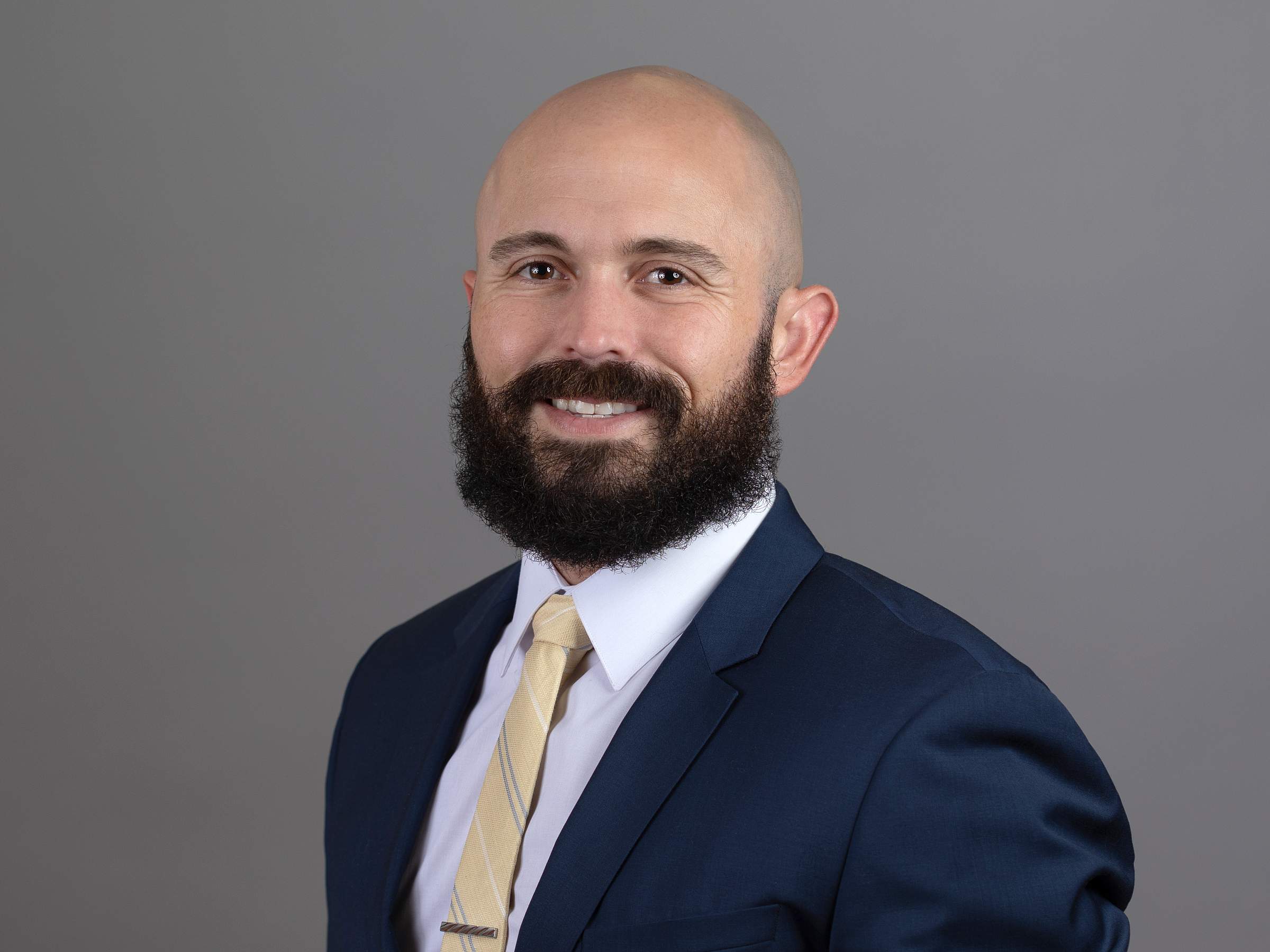
Training & Education
Training and Education
The Forensic Psychiatry Fellowship Program at the University of Utah School of Medicine is meticulously structured to provide comprehensive exposure to all seminal aspects of forensic psychiatry. Our program is designed not only to equip fellows with the expertise necessary for a successful career but also to ensure a balanced approach that allows ample time for education and personal well-being. At the University of Utah, we are committed to fostering the growth and success of our fellows in all aspects of forensic psychiatry, ensuring that they are well-prepared for the diverse challenges and opportunities in this dynamic field. The training program has different key components:
Active Criminal and Civil Cases
At the heart of our training program is the hands-on involvement with both criminal and civil cases. We believe that direct engagement with real cases is crucial for developing forensic skills. Through our strong partnerships with federal, state, and private judicial bodies, fellows gain the opportunity to manage cases from start to finish. This includes case review, evaluation, testing, preparing court work products, and providing testimony when necessary. Supervision is provided at every step by our American Board of Psychiatry and Neurology certified forensic psychiatrists, ensuring a comprehensive learning experience. Fellows are exposed to a variety of cases, approaches, and practice settings, ranging from court-appointed cases to privately retained and state hospital directives.
Parallel Case Seminar
To broaden our fellows' exposure to forensic psychiatry, we have incorporated a weekly Parallel Case Seminar into the curriculum. This seminar allows fellows to review and analyze previously adjudicated cases conducted by our experienced faculty. By discussing a wide array of evaluations, fellows gain deeper insights into different forensic psychiatric scenarios and learn to apply critical thinking and expert judgment in their analyses.
Correctional Psychiatry Rotation
Understanding the role of psychiatry within the criminal justice system is a crucial aspect of forensic training. Our fellows rotate through the Utah Department of Corrections, where they have the opportunity to evaluate and treat incarcerated individuals. This rotation provides invaluable experience in correctional psychiatry, whether or not a career in corrections is the fellow’s ultimate goal.
Psychological Testing Seminar
Forensic psychiatry and psychology are deeply interconnected, and we place significant emphasis on this relationship in our training. Fellows receive instruction from board-certified forensic psychologists in the use of a variety of psychometric instruments. These tools are essential for conducting high-quality risk assessments, malingering evaluations, and other areas of forensic interest. This seminar helps fellows refine their skills and enhances the quality of their forensic evaluations.
Didactic Seminars
Our didactic seminars cover a wide range of essential topics in forensic psychiatry, including the procedures for forensic evaluations, report writing, consultation, ethical considerations, and landmark cases. Additionally, fellows are exposed to relevant research, phenomenological literature, and unique subjects of importance in forensic evaluations. These seminars are designed to ensure practical proficiency and to prepare fellows for the American Board of Psychiatry and Neurology Forensic Psychiatry certification examination. The interdisciplinary structure of these seminars, which includes collaboration with forensic psychology fellows from the Utah State Hospital Forensic Psychology Program and other academic partners, enriches the learning experience.
Mock Trial
Expert witness testimony is a critical skill in forensic psychiatry, and our program offers a unique opportunity for fellows to develop this expertise. We have partnered with attorneys and other legal professionals to conduct biannual mock trials. During these trials, fellows undergo direct and cross-examination, allowing them to hone their courtroom skills in a supportive, educational environment.
Scholarly Project and Other Opportunities
Our fellowship program is designed to be flexible and responsive to the individual goals of our trainees. Whether your interests lie in forensic research, education, public policy, or another area within the field, we support a wide range of scholarly projects and professional development opportunities. Fellows are encouraged to propose projects that align with their career ambitions, and we provide support for grand rounds presentations, teaching opportunities within the Department of Psychiatry and the University of Utah S.J. Quinney College of Law, and collaborations with state government officials and law enforcement.
Rotation Sites
Our fellowship program provides a rich and diverse training experience through various rotation sites, ensuring that fellows are exposed to a wide range of forensic psychiatric settings. Key rotation sites include:

